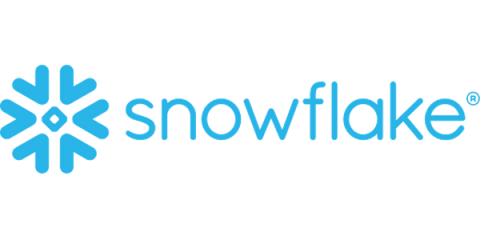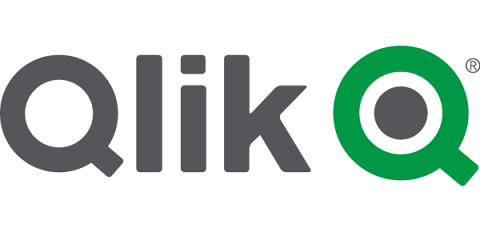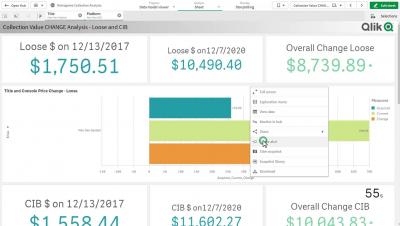Extending Snowflake's External Functions with Serverless-Adding Driving Times from Mapbox to SQL
Data engineers love to use SQL to solve all kinds of data problems. For this and more, Snowflake is a perfect partner. Snowflake’s support for standard SQL and several SQL variations, combined with JavaScript stored procedures, has helped me solve complex data challenges. But sometimes you might have the need for custom code.





